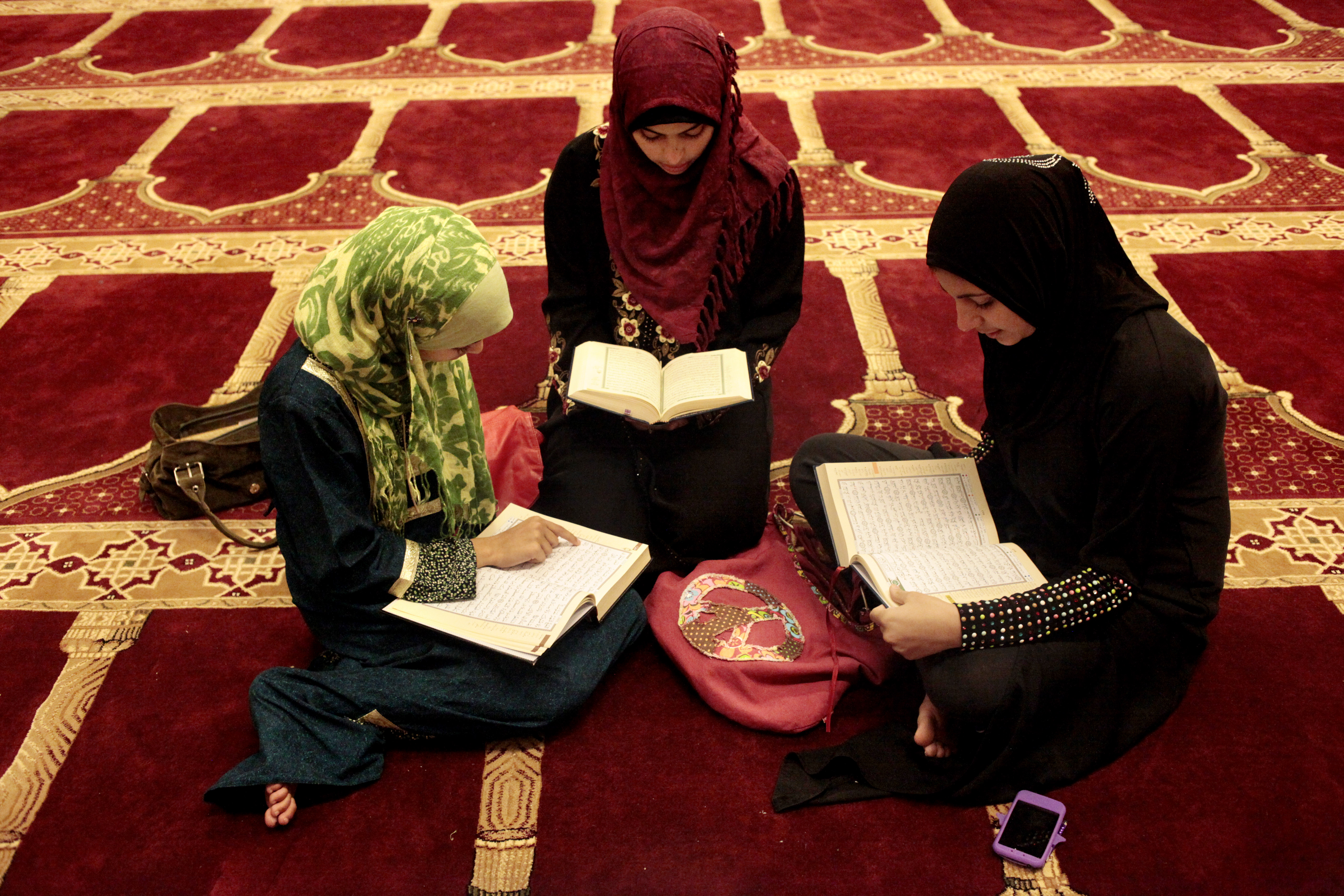The Status of Women in the Prophetic Sunnah

I will refer to some texts in which the Prophet Muhammad [pbuh] responded to a question from one of his companions. The companion asked the Prophet [pbuh], ‘Who is the most beloved person to you?’ He replied, ‘A’ishah.’ [Al-Hakim] In another narration, his response to the same question was, ‘Fatimah.’ [Al-Hakim] The two narrations show how the Prophet [pbuh] honoured women; in this case his wife and daughter, by showing more love to them than anybody else. So, Muslims should also follow the Prophet’s [pbuh] example in honouring and respecting women. His high moral character and honourable treatment of women was such that he used to send gifts to Khadijah’s [raah] friends even after her death. This was narrated by Anas Ibn Malik in a Hadith that states that he used to send gifts to a woman because she was a friend of Khadijah.’ [Al-Tabarani]
The Prophet [pbuh] also said, ‘Act kindly towards women.’ [Al-Bukhari and Muslim] In this Hadith he was referring to women in general as wives, mothers, daughters, and female relatives. Abu Hurayrah [raa] narrated that the Prophet [pbuh] said, ‘A believer must not hate his wife. If he dislikes one of her characteristics he will be pleased with another.’ [Ahmad and An-Nasa’i] Moreover, the Prophet [pbuh] evaluated a man according to how he treated his wife because she is the closest person to him. He [pbuh] said, ‘The best of you are those who are the best to their wives, and I am the best to mine.’ [Ibn Hibban and Al-Hakim]
He also recommended that husbands should spend generously on their wives and regarded it as the best kind of spending. He [pbuh] said, ‘A dinar you spend in God’s way, or to free a slave, or in the charity you give to a needy person, or to support your family, the greatest reward is for that which you spend on your family [wife].’ [Muslim and Ahmad] He [pbuh] also said, ‘Whatever you spend seeking the pleasure of God, will have its reward, even the morsel of food which you put in your wife’s mouth.’ [Al-Bukhari and At-Tirmidhi]
The textual sources of Islam [the Qur’an and Sunnah] not only emphasize equality between males and females regarding their obligations, rights and duties, they also recommend being kind and gentle towards women, because their physical strength is less than that of a man, which makes it easy for men to be unjust towards them. There are two types of categories within the texts; those that explain the honour of women and those that explain their status:
1. Texts that promote equality between men and women in regards to their religious obligations, rights and duties.
2. Texts that recommend that women are treated kindly and with respect. These texts are more important because they place particular stress on the kind and gentle treatment of women because, physically, they are less strong, have sensitive feelings, and are often shy.
The first category of texts stresses equality between men and women in Islamic obligations, rights, and duties. The apparent differences in some of these rights result from differences in functions and characteristics, but these differences cannot be described as discrimination. For example, if a father buys new clothes for his sons and ignores his daughters, this would be a type of injustice. However, if he buys male clothing for his sons and female clothing for his daughters, this would not be unjust because the difference resulted from their different characteristics and functions.
Although the issue is clear, it has become controversial with those who call for total equality between the sexes. This can be seen when women feel they must also be part of contact sports and weight lifting in order to be considered equal to men. Some call for equality between males and females in terms of fashion and in other things such as contact sports and weight lifting. This is the type of equality and justice that they call us to imitate and follow.
All the above texts from the Qur’an and the Sunnah of the Prophet [pbuh] confirm and reveal the high status of women in Islamic law. No legislation in the past or in the present has honoured, protected, and guaranteed the rights of women as Islamic legislation has done.
 Arabic
Arabic French
French Deutsch
Deutsch Urdu
Urdu Pashto
Pashto Swahili
Swahili Hausa
Hausa
